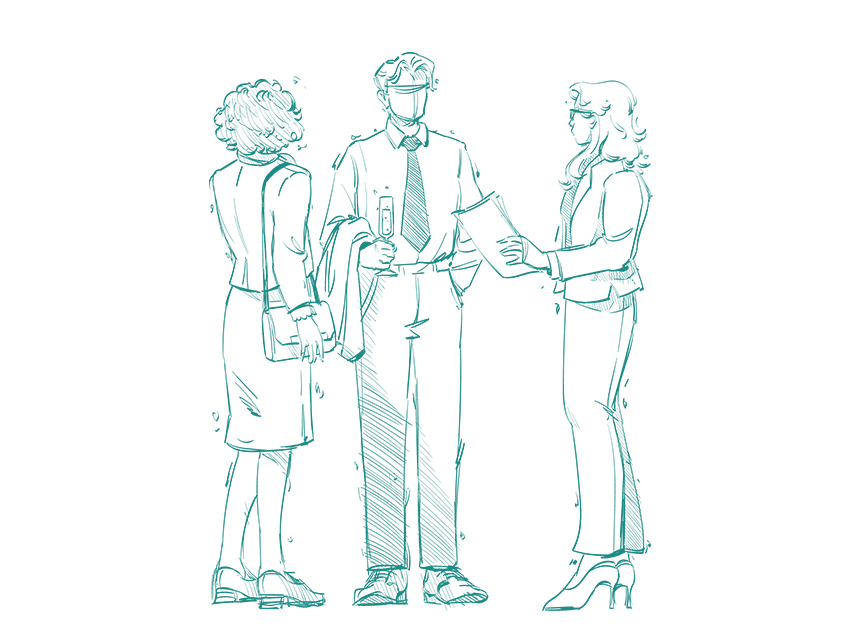The AGM took place prior to the meeting on AI and details of the elected officers and more detailed minutes can be found here.
Following the conclusion of the AGM business and review of the year delivered by Group Administrator, Barbara Hayes; APWG Chair, Giles Watling MP reiterated his appreciation for the achievements of the group. Whilst also reaffirming the need to commit to the group’s priorities; for greater remuneration for authors as well as fair and licensed use of their works.
These efforts will become particularly pronounced with the new Digital Markets, Competition and Consumers Rights Bill, published last week, that will have real consequences for authors.
As new legislation to mediate between authors and platforms to ensure their written works use on platforms and beyond, are fairly rewarded with a new regulatory body; to extended collective licensing agreements – following our departure from the EU and then especially in light of recent advances in machine learning, where copyrighted works are being used at unprecedented scale to train Large Language Models and other AI technologies; it is vitally important that the group works to protect writers but also the human creators given the inevitable impact this will have on jobs and sector as a whole.
Giles Watling then introduced Tom Chatfield, Writer, Broadcaster, Lecturer and Tech Philosopher who has particular interest and expertise in thinking about AI and its implications on how we will live and how we will live with it. Tom is Visiting Associate at the Oxford Internet Institute and has advised major tech companies such as Meta and Alphabet as well as being a successful published author.
Tom was able to set both the technical and legislative scene but stressed the importance of principled structured thinking when addressing a future with AI.
There is so much happening so quickly that predictions and laws to reign in advances will already be irrelevant or outdated. Why do we want humans involved? What is it different when humans do it? The products may look indistinguishable, but the processes involved are vastly different. Thinking and legislating well requires us to be considering and developing a very clear sense of what an AI is (generally just a very large statistical model) and why it is important to have humans in the loop and to what extent humans should maintain final oversight or be made aware when engaging with a computer rather than a human.
The group has developed and released a principled foundation for a fair approach that is available here – ‘AI Principles’ paper.




